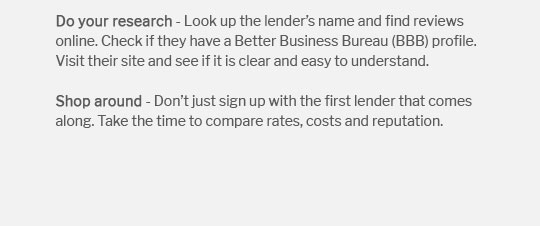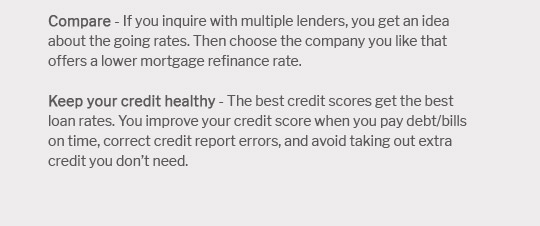 |
|||
 |
 |
 |
 |
|
|---|---|---|
 |
 |
|
 |
 |
|
 |
 |
|
 |
 |
 |
 |
Understanding FHA Maximum Loan Calculation for Refinancing: A Comprehensive GuideWhen it comes to refinancing a home loan, understanding the nuances of FHA maximum loan calculations is crucial for homeowners seeking the best financial decisions. The Federal Housing Administration (FHA) offers several refinancing options, each designed to cater to different needs and situations. However, navigating the details, especially regarding maximum loan calculations, can be daunting without proper guidance. This article delves into the intricacies of FHA maximum loan calculations for refinancing, offering insights and subtle recommendations to help you make informed decisions. First and foremost, it's important to grasp the basics of how FHA refinancing works. FHA loans are government-backed loans that typically offer more flexibility compared to conventional loans, especially for those with less-than-perfect credit scores. This flexibility extends into refinancing options, where FHA provides opportunities to adjust existing mortgages to better suit current financial situations. Maximum Loan Calculation Methodology: When considering refinancing under an FHA loan, the maximum loan amount is determined by several factors. Generally, the calculation takes into account the loan-to-value (LTV) ratio, which is a measure of the loan amount relative to the appraised value of the property. For FHA refinancing, this ratio is generally capped at 97.75% for no-cash-out refinance transactions, meaning you can refinance up to 97.75% of your home's value. However, this figure can vary based on the type of refinance and other qualifying factors. Types of FHA Refinance Options: The FHA offers several types of refinancing options, each with distinct features. The most common include the FHA Streamline Refinance and the FHA Cash-Out Refinance. The Streamline Refinance is particularly popular due to its reduced documentation requirements and the absence of an appraisal in some cases, making it a quicker, more straightforward option for many homeowners. On the other hand, the Cash-Out Refinance allows borrowers to tap into their home equity, providing access to cash for various needs, albeit with stricter LTV requirements.
Understanding these options is essential for determining the best course of action for refinancing. While the FHA Streamline Refinance is lauded for its simplicity and efficiency, the Cash-Out Refinance provides greater flexibility for those needing liquidity. Important Considerations: Before proceeding with any refinancing option, consider the associated costs and benefits. Refinancing, while potentially offering lower interest rates and reduced monthly payments, involves closing costs and fees. It's essential to calculate the break-even point-the time it will take to recoup these costs through savings-to ensure that refinancing makes financial sense in the long term. Expert Insights: Financial experts often recommend evaluating current market conditions, such as interest rates, alongside personal financial goals when deciding on refinancing. While FHA loans offer unique advantages, it's wise to compare them with conventional refinancing options to ascertain the most beneficial route. In conclusion, navigating FHA maximum loan calculations for refinancing requires a blend of understanding the specific refinancing options, knowing the calculation methodologies, and assessing personal financial scenarios. By leveraging the benefits of FHA refinancing, such as lower credit score requirements and flexible terms, homeowners can potentially improve their financial standing significantly. As with any financial decision, due diligence, thorough research, and consultation with financial advisors are advisable to optimize the refinancing process.
https://www.flcbmtg.com/wp-content/uploads/2019/06/FHA-Rate-Term-Refinance-Loan-Amount-Worksheet-6-2019.pdf
Statutory Limit for County. ` TOTAL C. NEW MORTGAGE AMOUNT: Maximum Base Mortgage (the LOWEST OF Totals A, B & C). +. New UFMIP (if financed). Total New ... https://www.townebank.com/personal/resource/calculator/fha-maximum/
This calculator is designed to determine the FHA mortgage limit for a particular purchase, not the maximum allowed for any home in your state and county. To ... https://archives.hud.gov/offices/hsg/sfh/ref/sfhp2-19.cfm
"Cash-Out" Refinances: the maximum loan-to-value and combined loan-to-value of any cash-out refinance is 85%. The calculation is based either off the appraised ...
|
|---|